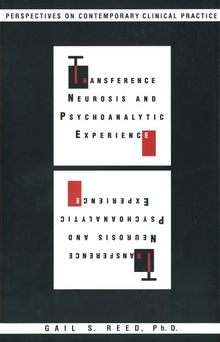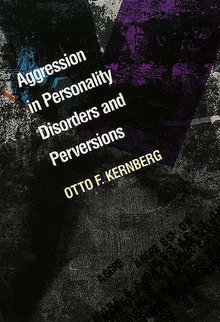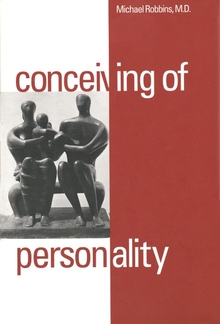Transference Neurosis and Psychoanalytic Experience
WARNING
You are viewing an older version of the Yalebooks website. Please visit out new website with more updated information and a better user experience: https://www.yalebooks.com
Perspectives on Contemporary Clinical Practice
Gail S. Reed
Reed discusses the development of the transference neurosis from Freud's initial formulation of an artificial illness in the patient to the testimony of many contemporary analysts that the transference neurosis includes a profound experience in them that is the critical feature of every therapeutic relationship. Reed fashions a new definition of the transference neurosis that attempts to conserve what makes sense of its traditional meaning while integrating current practice. This book is unique in combining historical and theoretical analysis of a clinical concept while conveying to the reader with astonishing immediacy what it feels like to do analysis.
"Reed brings to this needed study of transference, scholarship solidly rooted in an experienced clinical orientation and presented with consistent clarity. This broad and deep overview of the transference neurosis is of landmark significance, invaluable in the present and undoubtedly a baseline for subsequent work in the future."—Warren S. Poland, M.D.
"A valuable and highly readable book that explicates the meaning of transference neurosis, one of the most misunderstood concepts in all of psychoanalysis, and in the process becomes a unique study of how analysts think."—Joseph Reppen, psychoanalyst and editor, Psychoanalytic Books
"It is not surprising that a multifaceted, even-handed reappraisal of the transference neurosis brings with it as a bonus a higher power of understanding of psychoanalysis as a whole, its theory and technique."—Leo Rangell, M.D., Past-President of the American and the International Psychoanalytic Associations
"Throughout [Reed] demonstrates her skill in dealing with clinical material and in casting its vagaries in meaningful theoretical terms. . . . A thoughtful, disciplined, probing analysis of a set of questions that we all share and with which we all struggle."—W.W. Meissner, S.J., M.D., Psychoanalytic Books: A Quarterly Journal of Reviews
"Gail Reed has written a splendid book. Thoughtful, scholarly, and rich in content, it is an outstanding contribution that should stimulate a good deal of discussion. . . . Her book is valuable for novice and seasoned practitioner alike. I suspect it will become standard reading in the curricula of many psychoanalytic institutes."—Newell Fischer, Journal of the American Psychoanalytic Association
Publication Date: October 26, 1994







